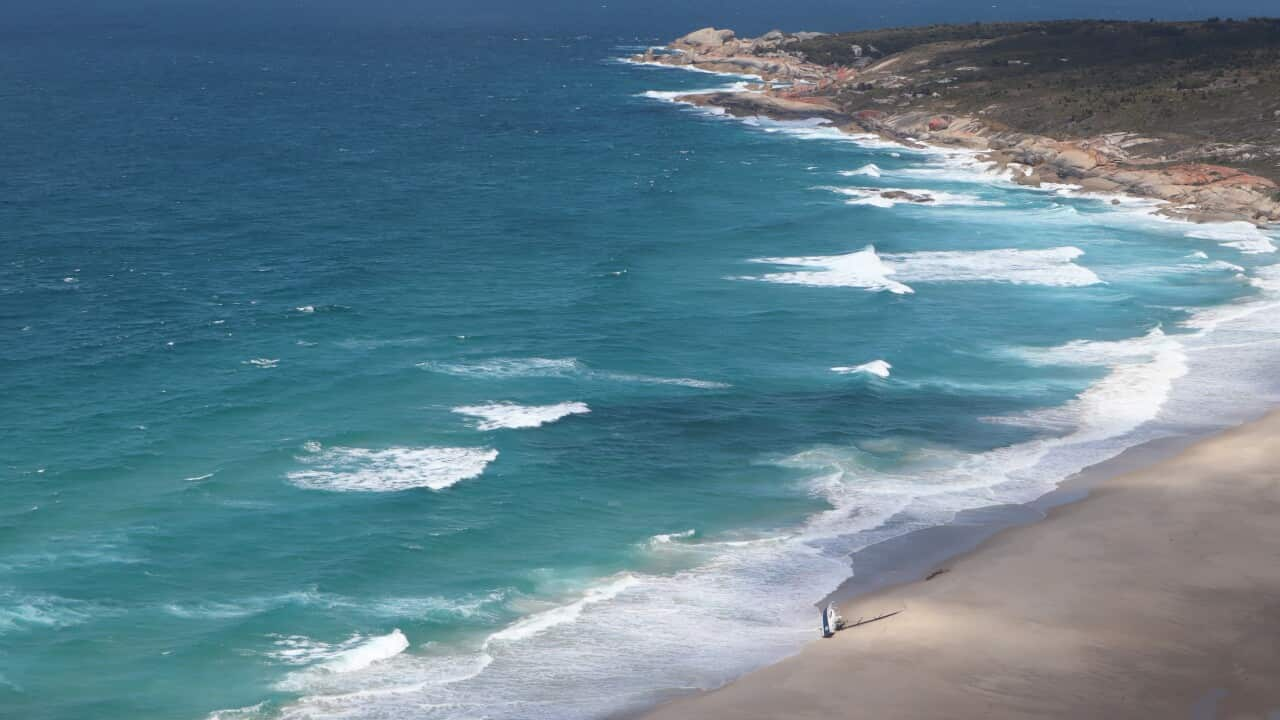New legislation proposed by the Tasmanian government has seen a stoush flare over the administration of returned Aboriginal lands in lutruwita (Tasmania).
Such lands handed back by the government presently cover 63,000ha of the island, and are overseen by the Aboriginal Land Council of Tasmania (ALCT).
The proposed changes by Aboriginal Affairs minister Roger Jaensch would see voter eligibility for electing the ALCT’s board expanded, as well as the creation of a new instrument to facilitate the future transfer of land.
While there are claims that the relaxed voting requirements would see a more democratic governing of the board, others said the legislation would cause an influx of non-Indigneous people voting for the positions.
“The Tasmanian government is hellbent on giving voices to the over 20,000 non-Aboriginal people… in Tasmania who have no Aboriginal ancestry,” said Nala Mansell, project coordinator at the Tasmanian Aboriginal Centre.
"The minister for Aboriginal affairs is reviewing [the current legislation]... so that anyone who ticks a box to claim to be Aboriginal has just as much right as Aboriginal people ourselves."

Ms Mansell says the government's proposed changes will see an influx of non-Aboriginal voters having a say in the ALCT's board elections.
Currently, there is a 'right to object', which facilitates questioning a voter's Aboriginality. In such situations, the tripartite test of self-identification, acceptance from community and Aboriginal ancestry applies.
Under the legislation proposed by the minister, Roger Jaensch, only the need for self-identification would remain, and the right to object removed.
Ms Mansell said the changes are too liberal.
"In Tasmania, we know the attempted genocide of our people led to only 150 Aborigines remaining at a specific time. We are the most researched and documented people of the world.
"So it's not difficult to prove your direct ancestry."
The minister said the proposals were about "simplifying" the process of returning Crown land to Aboriginal control.
"The arbitrary nature of parliamentary approval for land return can make the process somewhat unpredictable – which was proven when the most recent attempts to hand-back land to Aboriginal people stalled and failed to pass Parliament," he told NITV.
"The current process to return land does not work for all Tasmanian Aboriginal people, and a new approach is necessary."
'We'd like a say'

Palawa Elder Rodney Dillon would like regional Aboriginal groups to have a greater say in the management of their own lands. Source: Supplied
Rodney Dillon is the Chairperson of the Aboriginal Heritage Council in Tasmania. They want a greater hand in the administration of the traditional lands.
"The Aboriginal people in my family [and] who live in my area, we'd like to have a say and control over the land," he told NITV.
"It's as simple as that. We don't want someone from somewhere else controlling the land that's in our area."
Mr Dillon said he did not share Ms Mansell's concerns about an increase in non-Aboriginal people taking part in the council's elections, and questioned the acceptance of the current tripartite test.
"I don't know whether we've got Aboriginality where everyone is reasonably happy with it. I think that some people are going to be unhappy all the time, one way or another."
Ms Mansell countered the claims that the ALCT monopolised access to Aboriginal land.
"We help we run land management programs on those lands, we run an alternative to imprisonment program... we have cultural festivals," she said.
"So the lands that have been returned are available and open to any Aboriginal person right across the state."
Only 135 people voted in the last ALCT board election, a fraction of the state's Aboriginal population by either count.
Ms Mansell said a planned extension of the window for voter registration would raise those numbers, but ultimately dismissed concerns about the board's makeup.
"Most Aboriginal people, once they're able to spend time connecting with our ancestors, connecting with our land, they're not too fazed about who is on that committee knowing that they... are Aboriginal."


